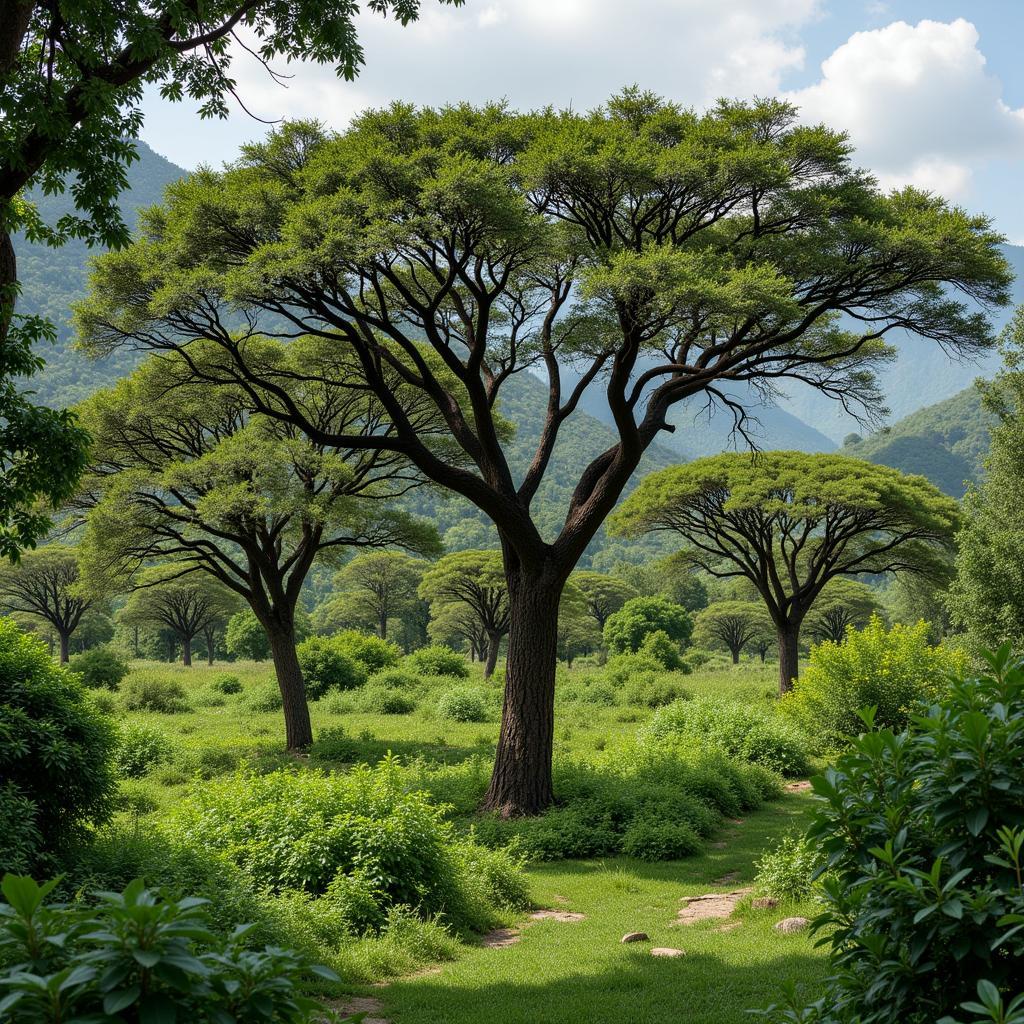Is Egypt an African Country?
Egypt is a country located in North Africa and is considered part of the continent. It shares borders with Sudan to the south and Libya to the west. While it’s often associated with the Middle East due to its cultural and historical ties, geographically speaking, Egypt is firmly an African nation.
Why Egypt Is Considered African
Here’s why Egypt is considered an African country:
- Geographical Location: The vast majority of Egypt’s territory sits on the African continent. Only a small portion of the Sinai Peninsula extends into Asia.
- Continental Affiliation: Egypt is a member of the African Union, the primary organization for African countries. It actively participates in continental initiatives and collaborates with other African nations on various issues.
- Historical Roots: Egypt’s ancient history is deeply intertwined with the development of African civilizations. It was a key player in the pharaonic era and played a vital role in the trans-Saharan trade routes that connected Africa to the rest of the world.
- Cultural Connections: Egyptian culture shares many similarities with other North African cultures. The language, music, food, and traditions have strong connections to the rest of the continent.
Egypt’s Unique Identity
While Egypt is undoubtedly African, it also possesses a unique identity that sets it apart from other African nations. Here’s why:
- Distinct Culture and History: Egypt boasts a rich history and cultural heritage that spans thousands of years, influenced by its proximity to the Mediterranean and its position as a crossroads of trade.
- Political and Economic Influence: Egypt has a long history of political and economic influence in the region and beyond. It has played a significant role in shaping North Africa’s political landscape and has been a key player in global affairs.
- Diverse Landscape: Egypt’s diverse landscape, encompassing the Nile River Valley, the Sahara Desert, and the Red Sea coast, gives it a unique geographical character and creates a diverse range of ecosystems.
Egypt’s Place in the African Landscape
Egypt’s unique identity doesn’t diminish its Africanness. In fact, it enriches the continent’s diversity and contributes to its cultural richness. It’s a nation with a deep connection to the past, a vibrant present, and a promising future, all within the context of its African heritage.
“Egypt is an integral part of the African continent, with its history, culture, and geographical location firmly rooted in Africa. While it may have unique characteristics, its Africanness is undeniable,” explains Dr. Amani El-Sawy, a renowned Egyptian historian.
Frequently Asked Questions (FAQs)
Here are some frequently asked questions about Egypt’s African identity:
- Is Egypt closer to Africa or the Middle East? While Egypt shares cultural ties with the Middle East, it is geographically located in Africa.
- What are the main cultural differences between Egypt and other African countries? Egypt has a distinct culture, influenced by its long history and geographical location, but shares many similarities with other North African countries.
- Why is Egypt sometimes referred to as a Middle Eastern country? This is largely due to historical and cultural ties, but geographically, it is an African country.
- Does Egypt have a strong connection with other African nations? Yes, Egypt actively participates in the African Union and collaborates with other African countries on various issues.
Conclusion
Egypt is a country with a rich history, vibrant culture, and unique identity. While it may have connections with other regions, its geographical location, historical roots, and cultural similarities firmly place it within the African continent. Understanding its unique character and its important role in the African landscape is key to appreciating the diversity and richness of the African continent.

